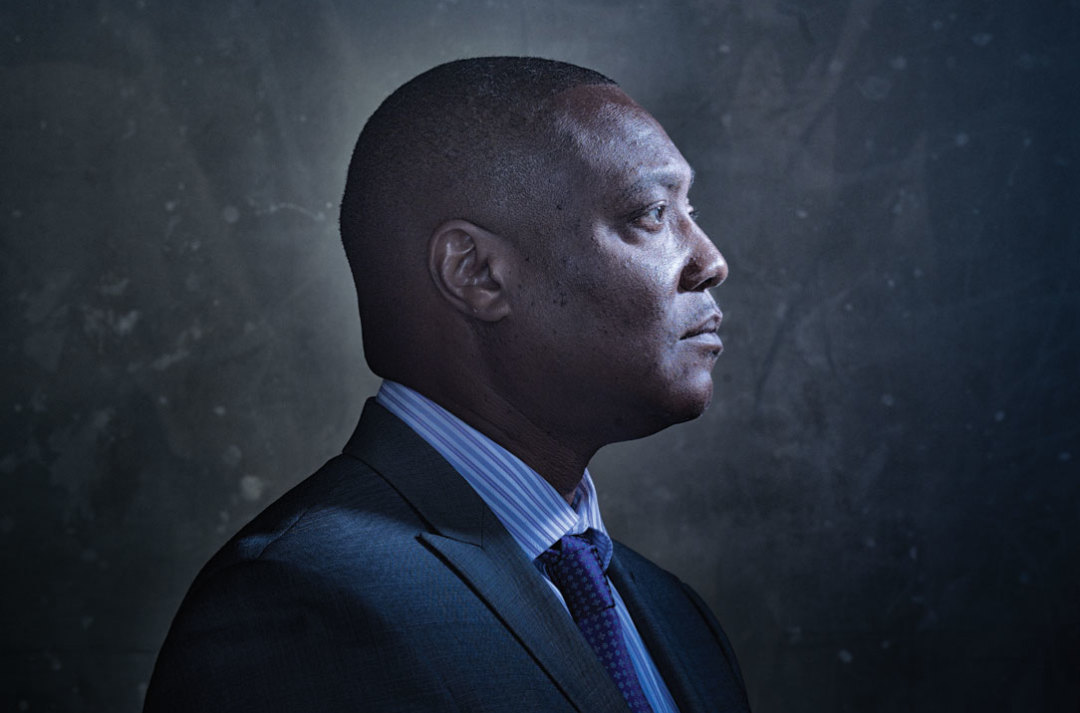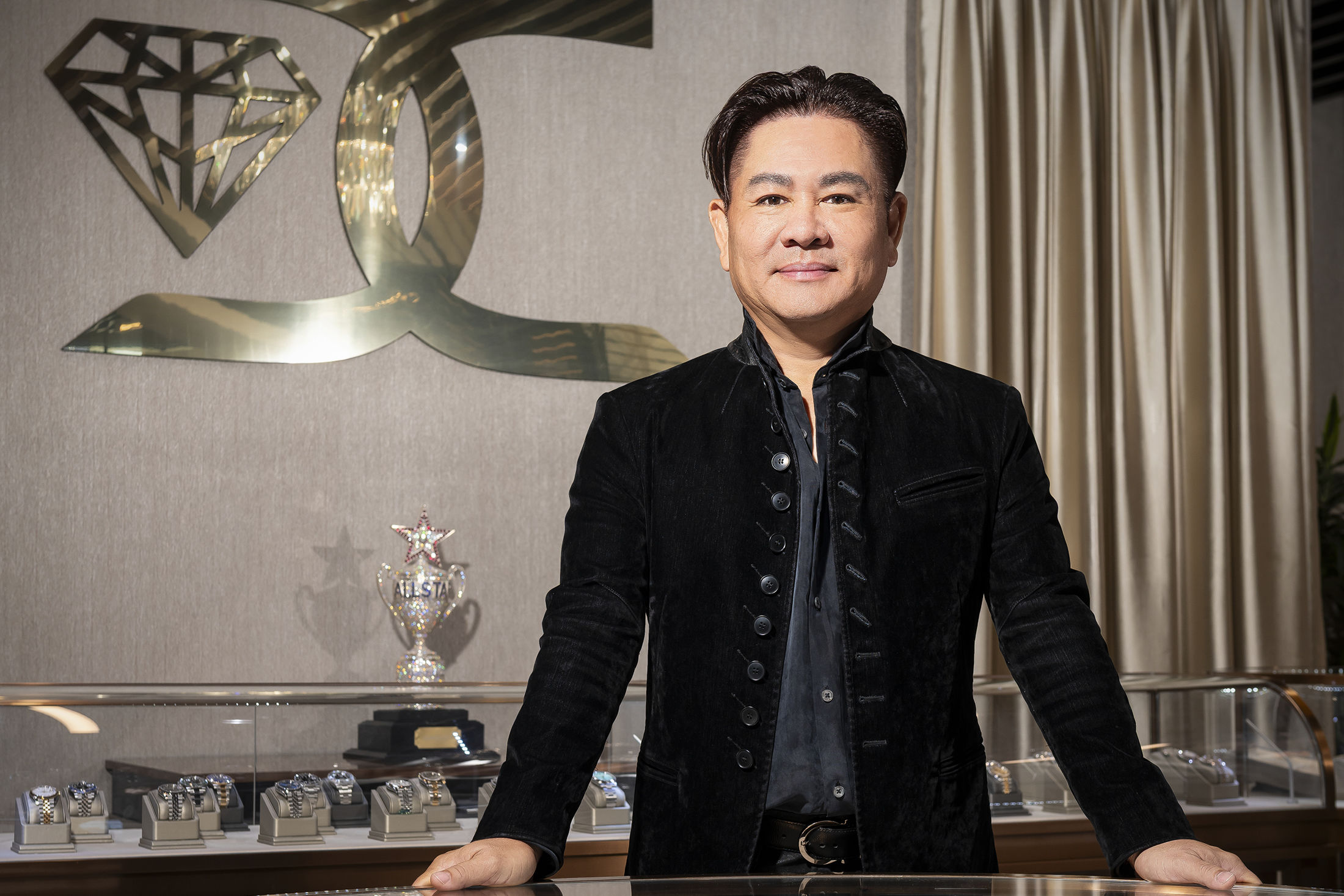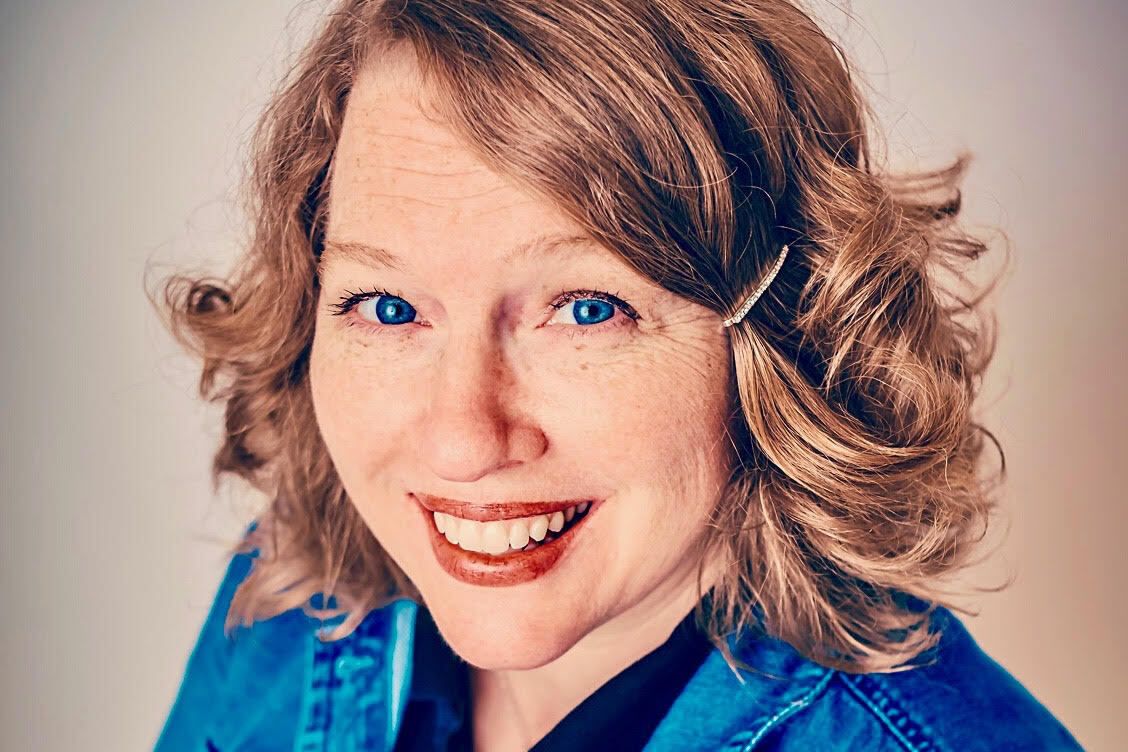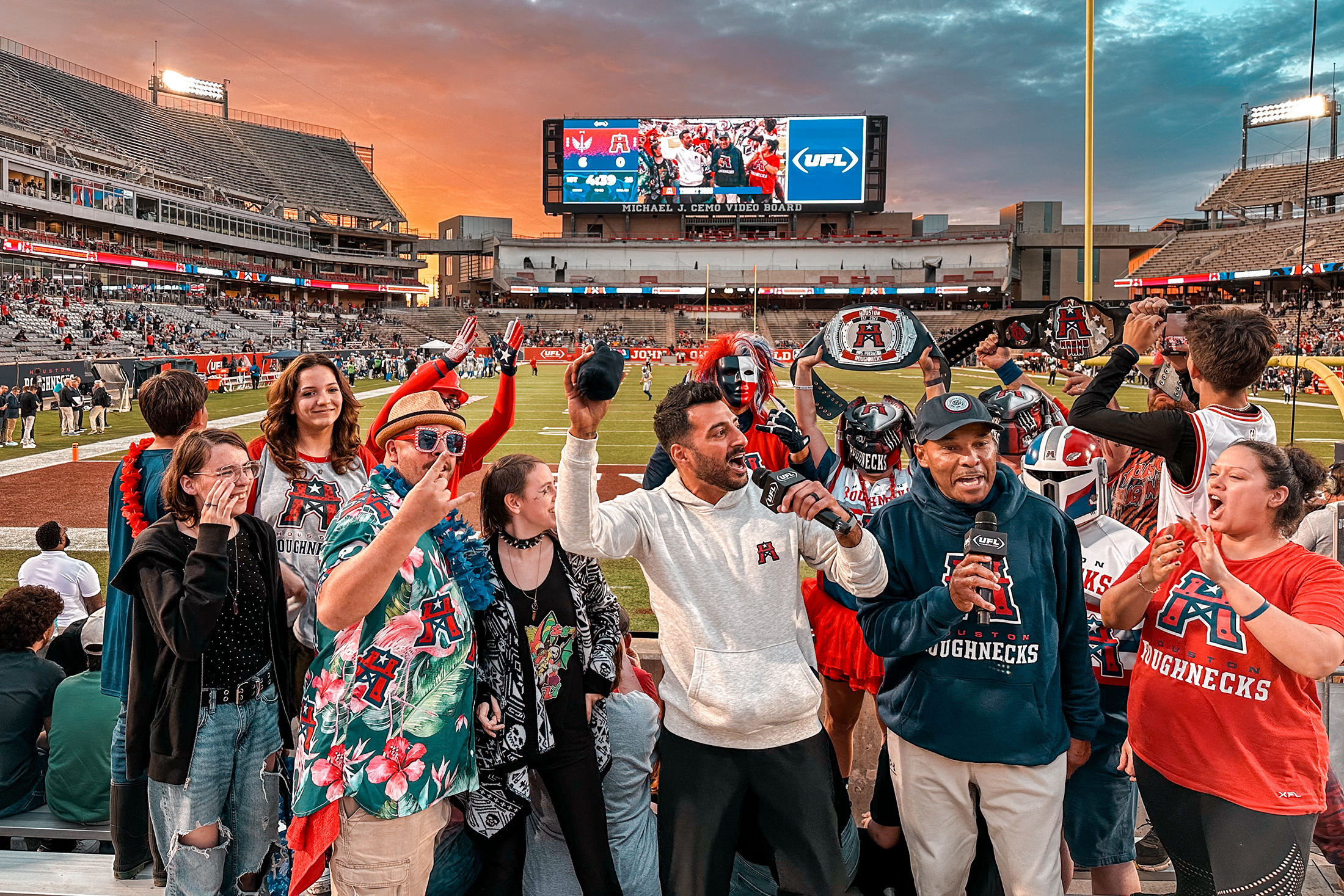A Matter of Conviction

Exonerated from death row and working for justice, Anthony Graves doesn’t have a moment to waste.
Image: Brian Goldman
Anthony Graves is doing remarkably well for a former resident of death row. “I’m a rock star,” he says of the way he’s treated these days, asking rhetorically: “How do they treat a rock star?” Sitting inside the Houston Forensic Science Center’s soon-to-open new offices, he smiles without the slightest hint of irony.
Graves, who was wrongfully incarcerated for 18 years—with 12 on death row—faced lethal injection twice before his 2010 exoneration. Today he spends his time trying to fix the criminal justice system that put him there. “It’s broke,” he says. “But who better to tell you that than the person who saw it fail them from top to bottom?”
And fail it certainly did. The Brenham native was just 26 years old in 1992 when he was arrested and charged with the grisly murder of a family of six in Somerville, north of Brenham. Robert Earl Carter, his cousin’s husband, had told police he and Graves had killed the family together. The day before Graves’s 1994 trial, Carter tried to recant, telling the Burleson County district attorney he’d acted alone. But the DA didn’t share that information with the defense team, putting Carter on the stand to testify against Graves anyway. After a speedy trial, Graves was convicted of capital murder.
Graves remembers being shocked when police brought him in for questioning. “I thought it had something to do with a traffic ticket or something,” he says, “and I didn’t have one, so I was really in the dark.”
There he would stay, year after year, waiting, languishing in prison—all the while steadily maintaining his innocence and keeping the faith that justice would prevail. “For 6,640 days, I was always innocent. I never lost hope because that never changed,” he says. “I had no choice, because the alternative was to believe they could kill me for something I didn’t do.” In 2000, before Carter was put to death, he made a statement from the death-chamber gurney, again taking sole responsibility for the murders. “Anthony Graves had nothing to do with it,” he said. Minutes later, he was gone.
In 2002, University of St. Thomas professor Nicole Casarez and a group of students discovered the case through the Texas Innocence Network, which partners with journalism students at UST and the University of Houston. When they visited him, the first thing Graves told Casarez and her students was that he would not try to prove his innocence to them. “Do the work: you’ll find out for yourself,” he remembers saying.
There was, it turned out, scant evidence linking Graves to the murders. In 2006, thanks in large part to Casarez’s work, his conviction was overturned. The wheels of justice began to turn, albeit slowly, as Graves continued to sit in jail, awaiting his retrial. Eventually, the state turned to former Harris County prosecutor Kelly Siegler. In 2010, a year into her appointment, Siegler told reporters Graves had been framed for a murder he did not commit, saying that “after looking under every rock we could find, we found not one piece of credible evidence that links Anthony Graves to the commission of this capital murder.”
In October 2010, Graves became the 12th person in Texas to be exonerated after a stay on death row, and within eight months he was awarded $1.4 million under a state law that compensates victims wrongfully convicted of crimes. After receiving the money, he didn’t even go on vacation. It didn’t make sense, he says, “to go out on an island and drink from an umbrella. That’s not taking my life back.”
Instead, Graves would seek justice for others, first as an investigator for Texas Defender Services, assisting attorneys with capital murder cases, and then on his own as a consultant, communications specialist and advocate for a better criminal justice system.
He also sought justice for himself, pursuing punishment for former Burleson County DA Charles Sebesta. This June, the Texas State Bar revoked Sebesta’s license, ruling that he’d withheld critical evidence from Graves and his attorneys, including Carter’s admission that he’d acted alone.
“No, I disbarred him,” Graves says, pointing out that it was he who filed the grievance. He says he’s forgiven Sebesta but wants to see justice applied to the former prosecutor. “I just want to happen to him what would happen to any other person who tried to commit murder in our state,” he says, calling what Sebesta tried to do to him “nothing short of attempted murder.”
In June of this year—just weeks after Sebesta was disbarred—Mayor Annise Parker tapped Graves to become a board member of the Houston Forensic Science Center, the new incarnation of the formerly embattled Houston Crime Lab. Casarez, who was appointed to the same board in 2012, is now the chairman. “I know her heart,” Graves says of Casarez. “She wants to do the right thing. She wants to see the system work.”
In his new board position, Graves says, he’s most interested in “getting the science right,” no matter the outcome. “I don’t advocate for the defendant; I don’t advocate for the prosecution,” he says. “I advocate for a fair system.”
Graves, now 50, believes that telling his story—to the public and to members of the criminal justice system—can lead to real reform. He wants to remind them “what getting it wrong can do, how it can destroy lives and families.” And he feels a responsibility to carry that message. “I had to go through what I had to go through,” he says, “so I could better teach what people need to be taught about our criminal justice system.”
Among the reforms he’d like to see are 10-year appointments for district attorneys instead of general elections every four years. “They have a lot of pressure from the public to bring results,” he says. “That’s on us. It’s the system we created. We are seeing the criminal justice system become criminal, and we need to talk about it.”
For Graves, the opportunity to talk about it—after everything he’s gone through—has been gratifying indeed. “For so long, society called me a murderer,” he says. “And to turn around, apologize and say, ‘We accept you, wholeheartedly, but not only that, we’re going to treat you like a rock star; we’re going to get behind your cause’—that’s really coming full circle.”




